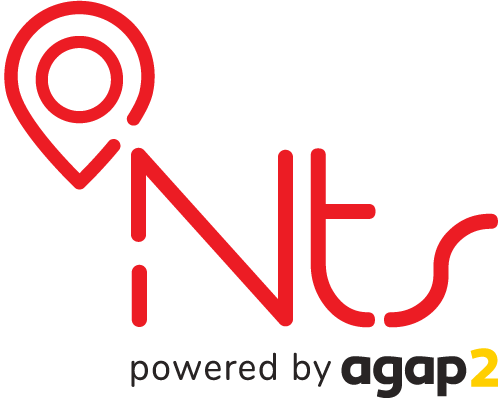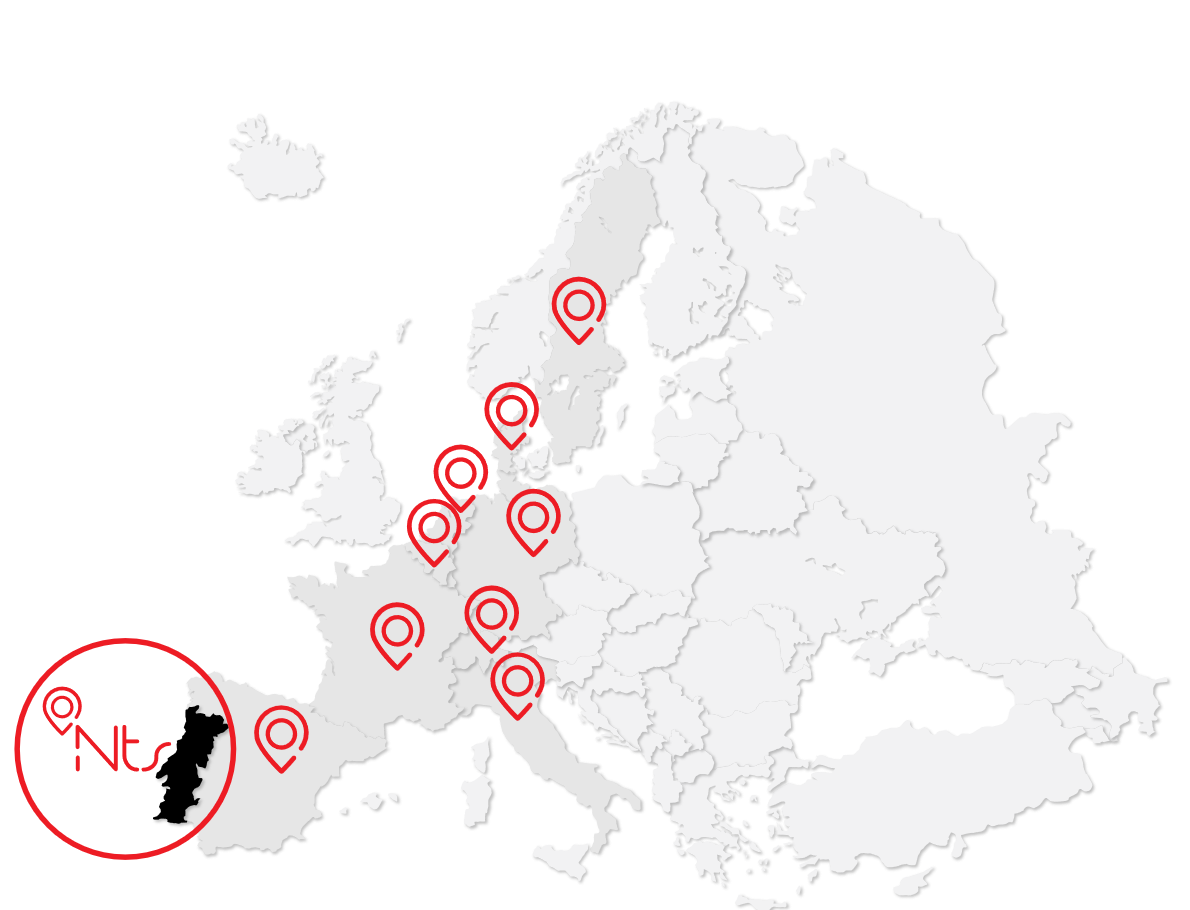




De Nearshore Technology Service (NTS) biedt drie services aan, die aangepast kunnen worden aan uw bedrijfsstructuur.

Als een Europese consultancy groep, biedt agap2 nearshoring services aan, gelegen in het land waar het allemaal begon: Portugal. Wilt u weten waarom Portugal een van de beste Europese landen is voor nearshoring? Scroll dan naar beneden.


Het team wordt aangestuurd vanuit uw hoofdkantoor

Het team wordt lokaal aangestuurd door u
Wij nemen de volledige verantwoordelijkheid voor het project management
We bieden drie service modellen aan om een flexibele maar simpele benadering toe te kunnen passen, zodat we de juiste match kunnen vinden met uw bedrijfsstructuur.





Gustavo Laboreiro, Senior Consultant, is the author of an interesting article recently published on Sapo TeK.
Opinion: Who is afraid of Artificial Intelligence?
Today's robots are specialized or curiosities with little practical use. Gustavo Laboeiro explains how Artificial Intelligence can bring about big changes on many levels
It is a dream older than history: to create a new being, the fruit of his work, equal to himself in all capacities and thus to assert himself before his creator as a son is worthy of his father. Or perhaps human arrogance leads him to show that natural laws do not transcend him. In any case, science and technology cooperate to materialize what today is only fiction, but this relationship generates great speculation. Because?
Robots have long populated our imagination, but any child's reaction when he finally observes one is invariably disappointment. Existing robots generally fall into one of two categories: they are specialized and have their shape defined by their function (like those that make up assembly lines in a factory and are essentially a tool capable of performing only one function) or are they defined by their form (usually anthropomorphic) but fail in almost every task a three-year-old can effortlessly perform. Honda's famous Asimo, Hanson Robotics' Sophia and Sony's Aibo are all included here. Specialized automation's increase our industrial productivity and “steal” jobs, the others are nothing but curiosities or toys that are not yet practical.
With regard to Artificial Intelligence (AI) we can make the same distinction in two categories. The specialized (or narrow) AI is the chess player who participated in the Jeopardy! Television contest, which recognizes faces and seeks to improve our photographs. Although they can exceed humans in a particular task, outside their restrictive use they are totally useless. Just as a standalone marine vehicle is incapable of welding, Watson cannot move chess pieces and Deep Blue cannot understand a word in which language it is. It is not always easy to readjust an AI for another task.
The second category is called Generic Artificial Intelligence and… it's meaningless, to tell the truth! Few groups of researchers address this very complex problem. What's more, specialized AI already exists, can be applied to many problems satisfactorily most of the time, and runs on the machines we have today. There is no big incentive to invest millions of euros in supercomputers to try to create a proof of concept that will be slow and will require millions more (and many years) to create something useful (assuming the most optimistic scientists are correct - perhaps there for the time being). year 2050).
Why, then, such alarmism about AI? Perhaps because now that the hardware needed to run somewhat complex (narrow) AI systems is affordable, it has begun to take on routines that were once reserved for people; As robots began to take on routine manual tasks, some AI systems began to perform intellectual tasks. As might be expected, this scared a lot of people who previously gave their job as insurance. We have AI doing translations and subtitling, scheduling meetings, making business calls, chatting to the public, writing sports news, making medical diagnostics, creating cooking recipes, and so on. Eventually they will perform even more relevant tasks in management, legal or governmental areas.
There are other developments that may leave people less rested, such as the application of AI for military purposes. Eliminating the human from the operational chain also eliminates doubts, empathy, compassion, compassion, conscience and a sense of responsibility in war. Also, if one side of the conflict ceases to have human casualties, what will be the incentive for peace? Soon too much code will be written automatically, and as such humans will be doubly removed from the decisions made by machines.
This not only applies to war applications, but also to the billions of devices that will soon be around the world and which communicate incessantly with each other, optimizing every aspect of our lives. The risk here will be dependency. When humans no longer know how these systems work, how can they examine or fix them if necessary? Are we mere sheep at the mercy of automatic decisions that condition almost every aspect of our lives? It is already debated whether an autonomous car should first protect its occupant or the passer-by who may be in its path. A lot can go wrong in the short term, and even more so in the hypothetical long term, which we have not addressed.
In short, AI is a revolutionary technology that can bring big changes on many levels. But it is a tool like any other that can give us wings or cause our destruction depending on how it is used. And while Icarus was a victim of his boldness and disregard, his prudent and conscientious father Daedalus managed to land safely.

 Diensten
Diensten